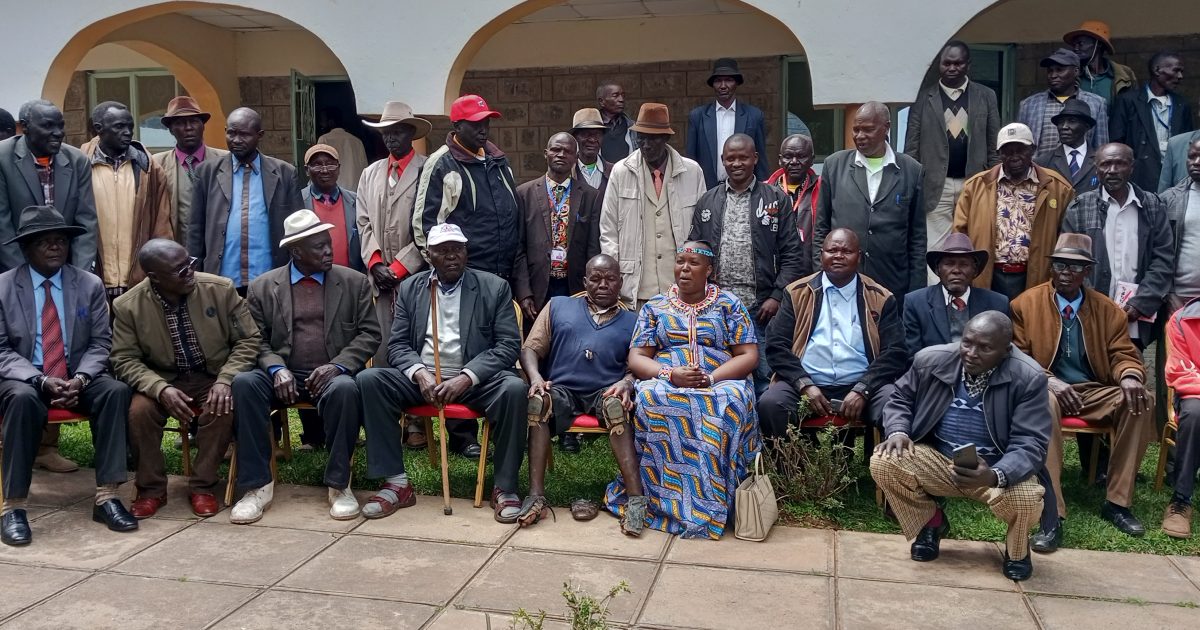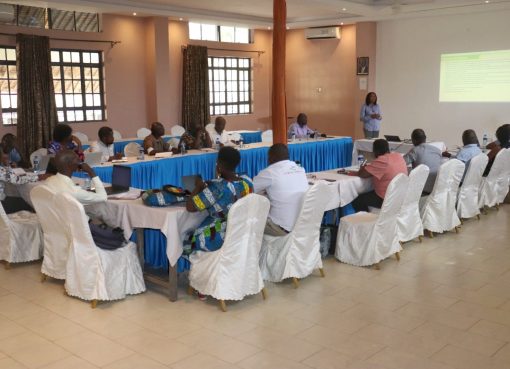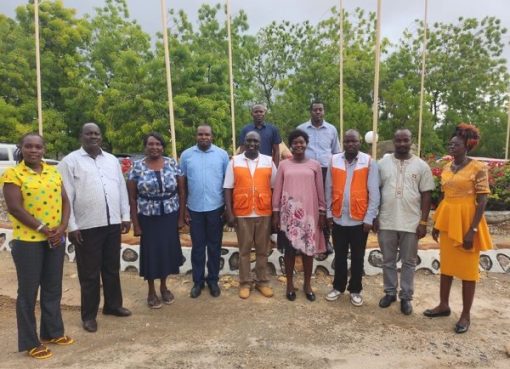Pokot elders from Kenya and Uganda have committed to engaging all stakeholders in initiatives towards the fight against Female Genital Mutilation (FGM) amongst the Pokot community.
In a two-day conference held at a Kapenguria Hotel in West Pokot County, the elders vowed to support efforts by the government to help stamp out the retrogressive cultural practice noting that the community stands to benefit a lot once the practice is eliminated.
The conference that attracted over 60 elders was a follow up dialogue from where the elders and government officials from both Kenya and Uganda made a declaration in February 2021 at Alale area along the Kenya-Uganda border.
There have been claims that young girls cross the borders to engage in the cut thus hampering efforts to discontinue the outlawed cultural practice in the region.
Pokot Council of Elders chairperson John Mwok who is also a retired paramount chief said as elders they will engage the community through dialogue in educating residents about the physical, emotional and financial damage FGM, early marriages and premature childbearing has caused the community.
Elder Mwok noted that FGM cases have slightly reduced since the elders were brought on board in the anti-FGM campaigns, reiterating that the vice will end once elders are involved in frequent sensitization drives in areas where the practice is endemic.
“We need a collective responsibility and mobilized funds to move around to sensitize the community against FGM. Women are the main perpetrators of FGM which they do secretly. We shall make this region a zero FGM zone in a few years to come,’’ the former paramount chief Mwok affirmed.
A Peace and Culture Ambassador Ms. Selina Kipkeker aka Mama Culture said she is a victim of FGM and after undergoing the pain she vowed never to see another person undergo such an ordeal.
“I was born in Kapedo in Barinngo County and underwent the cut but made a declaration thereafter never to see my female siblings undergo the same. I protected them against the vice and when I got my own children I ensured they never underwent the awful experience,” recounted Ms. Kipkerker.
She revealed that once she took up the initiative the community members joined her and some of the people she rescued from undergoing the vice have achieved a lot in society with some serving the community in respectable leadership portfolios.
“I was elated after seeing so much success from the people I managed to talk to shun the retrogressive culture. I have a big network of those I managed to save against FGM thus earning me the Culture and Peace Ambassador title,” reiterated Ms. Kipkerker.
She added that since last year she has been crisscrossing counties to educate communities still practicing FGM and encouraging them to abandon the vice and instead invest in the education of their children.
Mama Culture apportioned blame on fellow women for abetting FGM hinting that they are the ones who force the newly married women to undergo the cut by subjecting to mockery those who have not undergone the cut.
“I have been meeting elders, married couples and newly, married warriors to discuss the harm of FGM. I was married at the age of 13 years because of FGM,” stated Ms. Kipkerker.
She appealed to the government to enhance education programmes in the region together with the provision of water resources to help engage the community members so that they shun FGM and cattle rustling.
Anti FGM Board Kenya Chief Executive officer (CEO) Bernadette Loloju who engaged the elders, men and women on anti FGM talks noted that the elders are now committed to end FGM.
Ms. Loloju maintained that elders have the power to influence the community to abandon the harmful traditional practices such as child marriages and FGM.
“I am happy the elders have agreed to dialogue with men, women and youth at the community level in finding solutions to ending FGM and negative cultural practices and influence,” Ms Loloju noted.
She said they decided to engage elders since they are the custodians and gatekeepers of culture.
Ms. Loloju explained that locally led initiatives through dialogue by elders and community leaders is the best approach now to fighting female genital mutilation despite there being an anti FGM law.
“FGM is brought about by early forced marriages where young boys want girls who are circumcised. We need to talk to the young men to stop this barbaric behaviour,” she said.
She argued that many young girls are dropping out of school due to early pregnancies in the region.
“Young boys make sure girls are cut before they marry them,” she said.
She noted that there are many cross border FGM cases thus the integration of elders from across the border for dialogue on the strategies of how to end the practice.
“Our CS Prof Margaret Kobia signed a work plan with Kenya, Uganda, Tanzania, Ethiopia and Somalia declaration to end FGM along borders,” she said.
The long holidays for learners from November to January are the busiest months where many girls go for FGM and are married off,” said Ms. Loloju.
“Female genital mutilation campaign requires collaboration among a wide group of stakeholders and we shall partner with the County Government and the office of the county commissioner and other stakeholders to end the vice,” she said.
By Anthony Melly and Richard Muhambe




